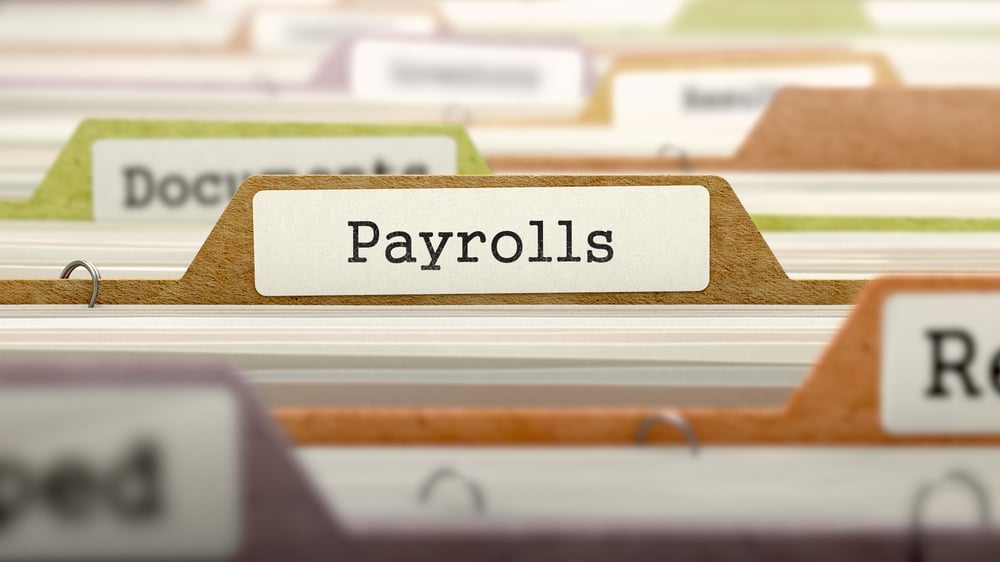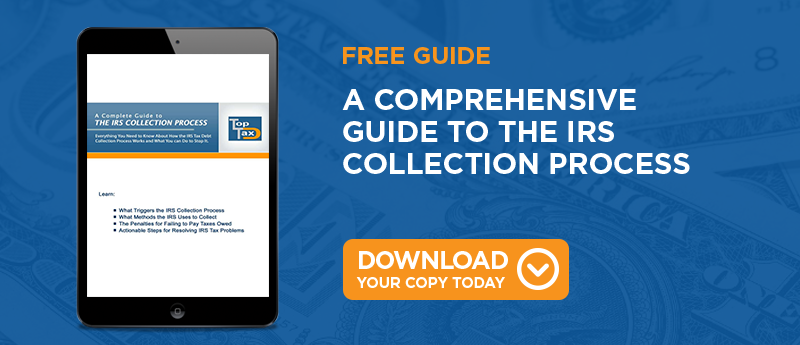
If you have an employee you might be confused as to whether you’re responsible for sending in payroll taxes for that person. Generally, a person who works in your employ and under your supervision is considered your employee which makes you responsible for the payroll taxes. However, if the worker is actually a contractor, he or she would be liable for payroll taxes instead of you. Here are a few tips to help you decide if you or the worker is responsible for payroll taxes.

1. Determine who’s the boss. If the hours worked and the type of work done is left up to the worker then he or she is probably a self-employed contractor. On the other hand, if you as the supervisor determine these criteria, you’re most likely the boss and the worker is your employee.
2. Decide who is ultimately liable for the business. Does the worker face any loss risk on his own? Are they responsible for supplying their own tools, equipment or supplies? Typically, the party who is risking the most loss in the course of the business is also responsible for paying the payroll taxes.
3. Go by the payee name on the payroll checks. When you pay the worker, what name do you make it out to? If your worker asks you to endorse the check to a D.B.A. account then he or she is likely operating a self-employed business as a contractor. In this case, the worker would probably be liable for payroll taxes.
4. See if the employee will sign an exclusivity agreement. If your worker is a contractor he or she is probably freelancing between several clients. Generally, a freelance contractor will be unwilling to sign an exclusivity agreement that prevents him from working with other clients. If the worker is willing to sign the agreement then he is probably not doing business with others which means he’s probably considered your employee.
5. Do they want a Form 1099 or a Form W-2 at the end of the year? Self-employed contractors are usually well aware of their tax obligations. These workers usually request that their income be reported on a Form 1099 so that they can report their self-employment expenses accurately.
6. If all else fails, leave it to the IRS. If after all of these considerations you’re still unsure of your worker’s status contact the IRS by filing Form SS-8. This form serves as a way of asking the IRS to make the determination for you.
Remaining compliant with payroll tax regulations can be somewhat complicated. But if you take the time to find out if your worker is an employee or a contractor you’ll be able to spare yourself the headache of additional taxes and fees.
6. If all else fails, leave it to the IRS. If after all of these considerations you’re still unsure of your worker’s status contact the IRS by filing Form SS-8. This form serves as a way of asking the IRS to make the determination for you.
Remaining compliant with payroll tax regulations can be somewhat complicated. But if you take the time to find out if your worker is an employee or a contractor you’ll be able to spare yourself the headache of additional taxes and fees.



